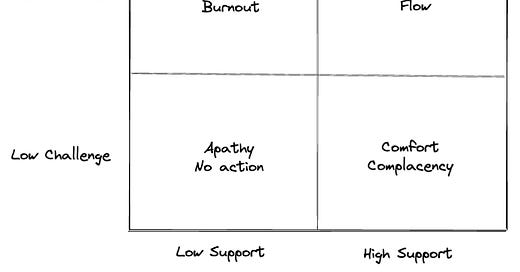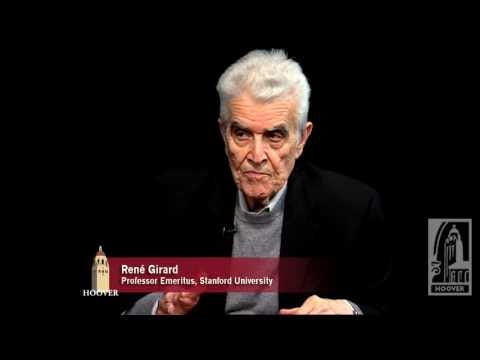Why do we get the politics we deserve?
There are three subtle but powerful forces shaping how we shape politics.
The first two forces I wrote about already. In short:
The focusing illusion:
"Nothing in life is as important as you think it is while you are thinking about it." (Daniel Kahneman).
What we pay attention to matters, even if the object of our attention is not really important to us or others. The TikToks, the search terms, or the news and TV debates you watch (even just to make fun or get angry at political contestants) - it informs political campaigns, programmes, and ultimately legislation. What we focus on shapes politics.Mimetic desire:
"We desire what others desire because we imitate their desires" (René Girard).
We want what others want, and vice versa. What we want shapes politics: not wanting anything to do with politics, what we desire in politicians, and whether we express our desires loudly or quietly.
The third force is this: the environment.
Our environment matters, not least to our performance and growth. We know this from professional and educational settings, and it also applies to politics.
The support/challenge matrix is one way to look at this:
Is our environment high or low in support?
Is our environment high or low in challenge?
Here is how this plays out:
High Support / High Challenge: most effective for high performance and growth; supports flow state
High Support / Low Challenge: can lead to complacency and stagnation
Low Support / High Challenge: can create a stressful, fear-driven environment, with high levels of competition, fear of failure, and high turnover
Low Support / Low Challenge: least effective; lack of motivation, low ambition/standards, no feedback or encouragement, low morale.
The matrix is typically used by leaders to assess where their team or individuals are at, and then intervene to move toward a High Support / High Challenge environment.
But it's not reserved for leaders.
When we are part of an environment, we are also shaping it to varying degrees, and sometimes inadvertently.
What we do and say, and how we show up (or not) shapes that environment.
That's also true of politics.
We do not need to be 'in politics' in a narrow sense to have that effect. Consider these:
What media do you consume, and how do the media talk about politics and politicians? Where does creating transparency and accountability end, and where does intrusion into privacy and scapegoating & blame begin?
What social media do you consume and engage with?
How do you talk with family and friends about politics? Do you raise our voices, are you even listening or just waiting to respond?
When a politician makes a mistake, how do you react? How is that different from a colleague making a mistake?
Do you know someone in politics? When was the last time you had a chat or went for a drink?
Do you turn cynical and have no or the lowest expectations of those who represent us?
Do you vote, show up to town hall meetings or rallies, or join and get active in a political party?
When I look at many, mostly Western, democracies, I believe - unfortunately - politics is a Low Support / High Challenge environment.
It's high in challenge, as expected: the problems are many, they are complex, often urgent and the setting is highly uncertain.
The father of the psychological concept of 'Flow', Mihaly Csikszentmihalyi, talked of politics as the highest form of flow, exactly because of this: the complexity of trying to solve problems that go way beyond the complexity of managing your own life.
The problem is not high challenge. We want politics to tackle highly challenging tasks. We don't want politics to be a domain of complacency and apathy.
The problem is low support, in at least three ways:
Low/no margin for error from high scrutiny that often turns into criticism and blame
Low trust from high competitiveness, even from supposed allies
Low support for skill development or to handle high stress
The result is suboptimal. If we want politics to be a peak performance environment, we need to raise the support to make it a High Challenge + High Support environment.
We can do something about it. The answers are in the questions I raised above. Consider how your behaviour is contributing to low/high support:
Your (social) media consumption
How you talk about politics
How you react to mistakes from politicians
How you treat those in politics
What you expect of politics and politicians
What you do in your circle of influence about societal challenges
The three forces that shape how we shape politics:
Focusing illusion. Nothing in life is as important as you think it is while you are thinking about it. Your focus shapes politics.
Mimetic Desire. We want what others want, and vice versa. What you want shapes politics.
Environment. It brings out the best in us or the worst. At the same time, we shape our environment, including our politics, by what we do or say.
These forces are subtle. It's easy to blend them out.
For me, they underline how we cannot disconnect from politics. We cannot lead the 'good life' and think it has no consequence for our broader environment. The three forces also point to our responsibility to shape politics.







